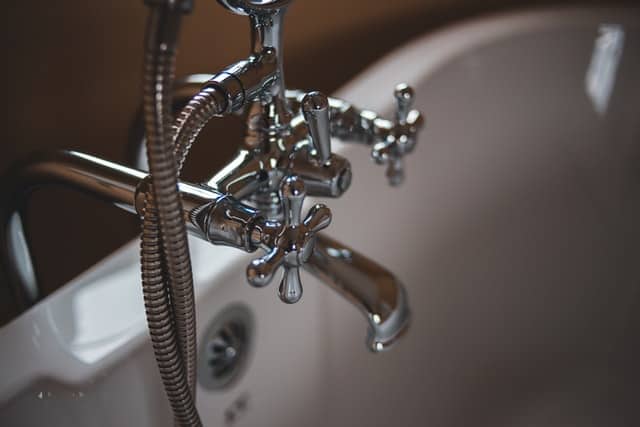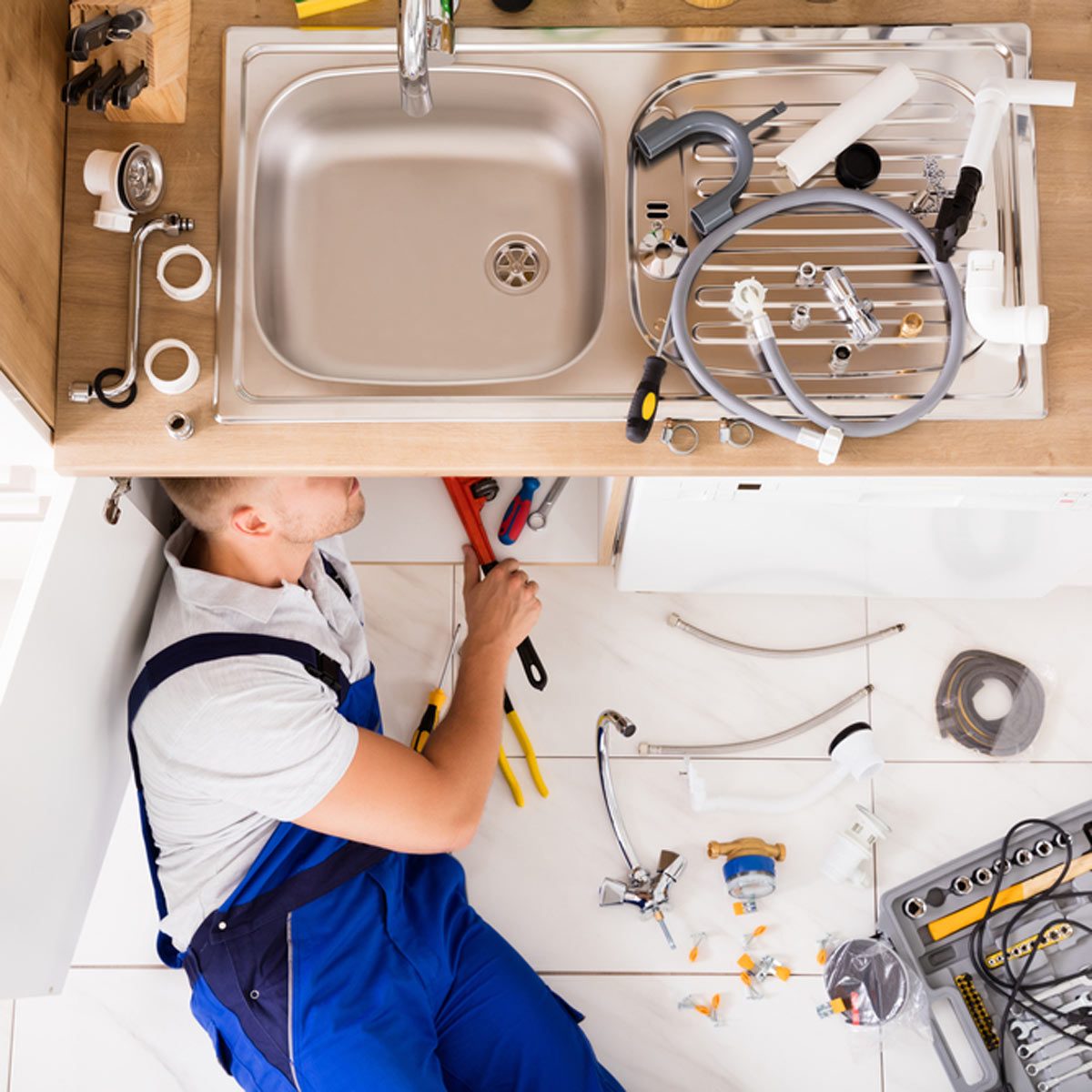This article in the next paragraphs pertaining to Winterizing Your Pipes is totally remarkable. Don't miss it.

All house owners who live in pleasant climates should do their ideal to winterize their pipes. Failure to do so can lead to disaster like icy, broken, or ruptured pipelines.
Try a Hair Dryer or Warmth Gun
When your pipelines are almost freezing, your reliable hair clothes dryer or warmth gun is a godsend. If the warm towels do not help dislodge any kind of clearing up ice in your pipes, bowling hot air directly right into them might aid. Do not utilize various other things that generate straight fires like an impact lantern. This can result in a bigger calamity that you can not manage. You may end up damaging your pipelines while attempting to thaw the ice. And also in the long run, you may even end up shedding your home. Be careful!
Open Up Closet Doors Hiding Plumbing
When it's cool outside, it would be valuable to open up closet doors that are masking your pipes. Doing this tiny method can keep your pipes warm and also restrict the potentially dangerous end results of freezing temperature levels.
Take Time to Cover Exposed Piping
One easy and also clever hack to warm up frigid pipelines is to wrap them with cozy towels. You can cover them initially with towels. After securing them in position, you can put boiling water on the towels. Do it gradually to let the towels soak up the fluid. You can likewise make use of pre-soaked towels in hot water, just don't forget to put on safety handwear covers to secure your hands from the heat.
Turn On the Faucets
When the temperature level drops and also it seems as if the freezing temperature level will certainly last, it will help to transform on your water both inside as well as outdoors. This will certainly maintain the water moving through your plumbing systems. You'll end up losing gallons of water this means.
When Pipes are Frozen, close Off Water
If you notice that your pipelines are entirely icy or almost nearing that stage, turn off the primary water valve instantly. You will normally locate this in your cellar or laundry room near the heating unit or the front wall surface closest to the street. Turn it off as soon as possible to stop more damage.
Don't fail to remember to close outside water sources, as well, such as your connection for the garden home. Doing this will avoid extra water from filling out your plumbing system. However, with even more water, even more ice will certainly accumulate, which will ultimately cause break pipes. If you are uncertain about the state of your pipelines this wintertime, it is best to call a specialist plumber for an examination. Taking this proactive approach can conserve you hundreds of dollars in repairs.
All house owners that live in pleasant environments need to do their finest to winterize their pipes. Failing to do so can mean disaster like icy, broken, or burst pipelines. If the warm towels do not assist dislodge any type of clearing up ice in your pipelines, bowling hot air directly right into them may assist. Transform off the major water valve instantly if you notice that your pipelines are completely frozen or virtually nearing that phase. With even more water, more ice will stack up, which will eventually lead to break pipes.
PREVENT YOUR PIPES FROM FREEZING THIS WINTER
A Leading Cause of Property Damage
When the weather is taking a deep nose dive into the cold dreary days, the risk of your pipes freezing and potentially bursting skyrockets. Unfortunately, during these cold dreary months, burst pipes are the most common denominator for property damage. The pipes that are most at the risk are those that are in areas where it is most cold in your home. For instance, pipes located in interior places such as basements, attics, and your garage. Unfortunately, that doesn’t mean that the pipes running through your cabinets or exterior walls can’t freeze. Good news, however, is that you can do things to help prevent pipes from freezing.
How to Prevent Pipes From Freezing
Once the temperature starts to drop during the winter, you should be taking the proper measures needed to ensure that your pipes stay warm and that there is circulation of water through them. Some steps that experts may recommend could go against your better judgement when it comes to saving water and heat. However, it would go without saying that when expenses are compared, damaged pipes could put a bigger dent in your wallet than a water bill.
What Can I Do?
- Keep your garage door closed. This is very important, especially if you have water supply lines running through your garage.
- Open your kitchen and bathroom cabinets to allow warm air to circulate through them.
- Allow air circulation throughout your home. Keeping the interior doors open will once again allow the warm air to circulate inside your home.
- Ensure your thermostat is running the same temperature throughout the night and day.
- If you plan to be away from home during the cold months, set your temperature no lower than 55° F. This should provide enough heat to keep the pipes warm and prevent any remaining water inside the pipes from freezing.
- For more of a long-term solution, add insulation to attics, basement, and other crawl spaces around your home.
- By allowing your faucet to drip, it will alleviate pressure in the system. This is important because the pressure that is created between the blockage and the faucet can potentially cause the pipes to burst. Allowing the faucet to drip will prevent the pressure from building up, therefore keeping the pipes from bursting.
- Seal any cracks, openings, and crawl spaces around your home to prevent cold air from coming inside. This keeps your pipes-not to mention your home-warmer and less susceptible to issues caused by freezing temperatures.
- For the pipes in your home that are easily accessible, applying electrical tape to them might prevent them from freezing over. This is a quick fix, as you can apply the tape directly to the pipe. There are two options for heating tapes. One turns on and off by itself when it senses heat is needed. The other type of heating tape needs to be applied when heat is needed and removed when not necessary. If you have exposed pipes in your home, you can check this website to take a look at a few options that would be available at a shop near you.

As a keen person who reads on How to stop pipes from freezing during the winter, I assumed sharing that excerpt was beneficial. Sharing is nice. Who knows, you may just be doing someone a favor. I praise you for your time. Please check up our blog back soon.
Free Quote
Comments on “Avoid Pipe Bursts in Cold Weather: 5 Effective Winterizing Hacks”